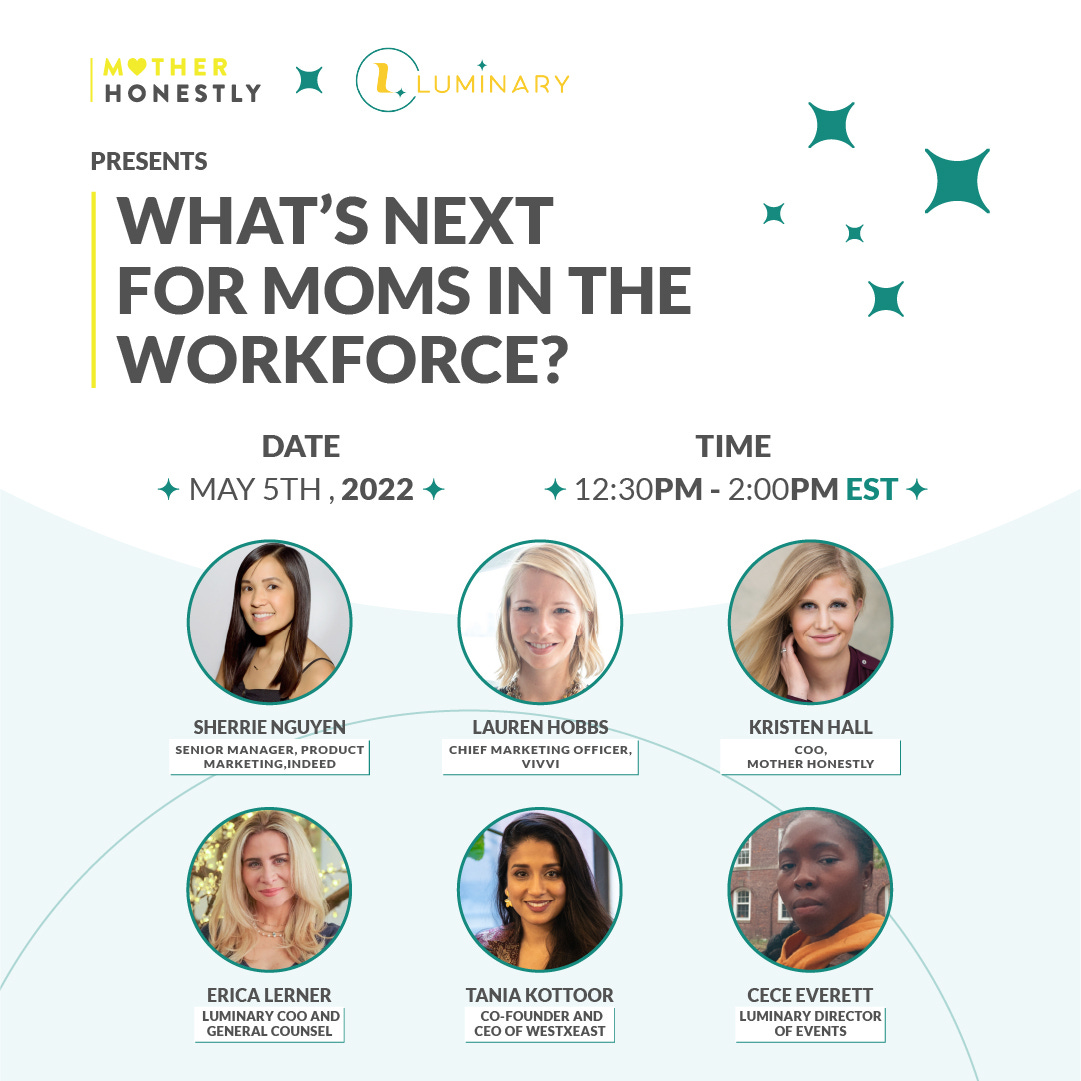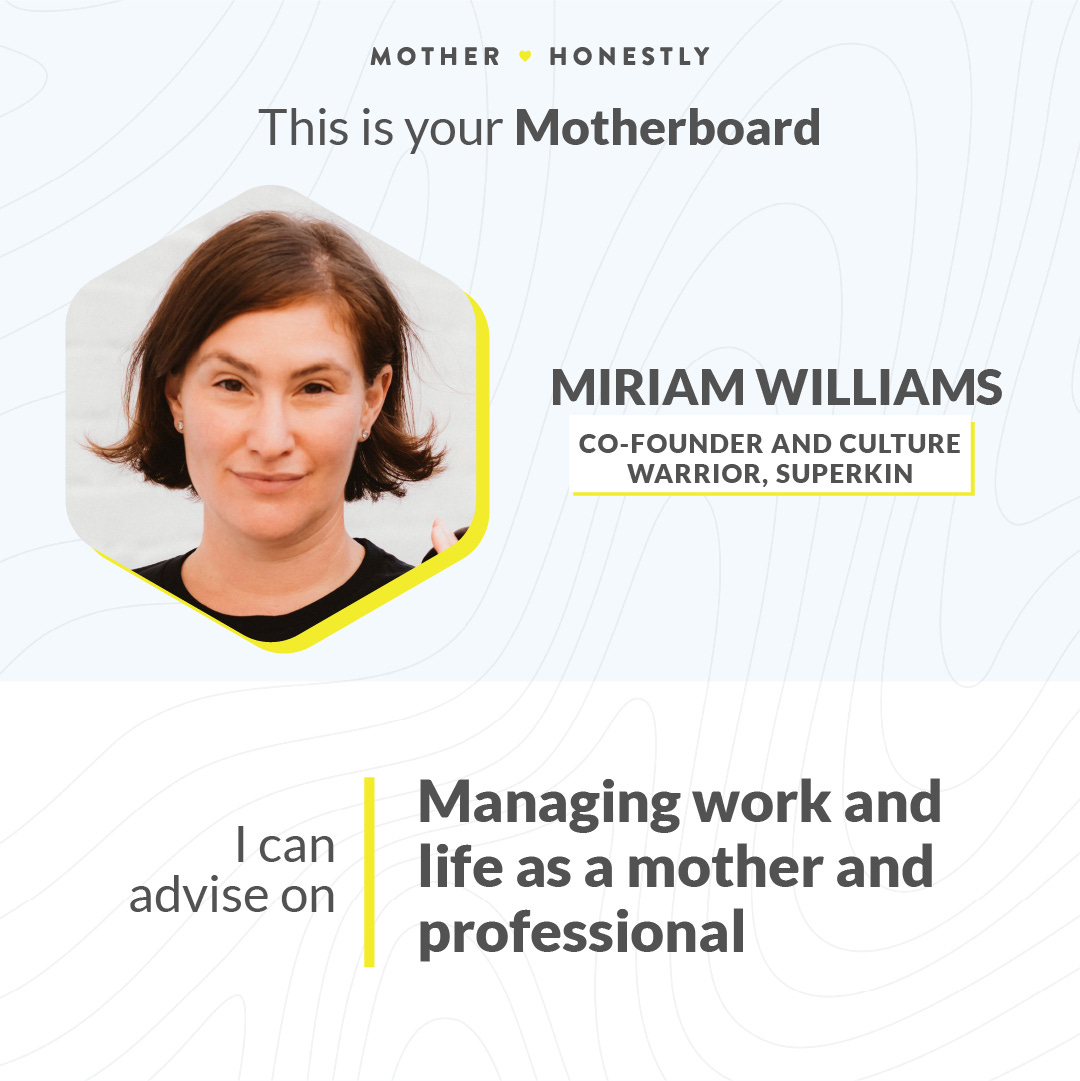Level Up: Don’t Let Imposter Syndrome Stop You from Getting Your Dream Job
Here’s why you should apply for that “stretch” role.
Have you ever looked at a listing for a job you knew you’d love, but declined to apply because it seemed like a reach?
You’re not alone. A Hewlett-Packard internal report once revealed that women are reluctant to go for a job without meeting 100 percent of the qualifications. Men, on the other hand, apply when they meet only 60 percent.
In other words, you should definitely apply, because you’ll likely be competing against a pool of male candidates who are similarly missing a qualification or two. And just because you don’t meet every single criteria doesn’t mean you can’t do the job. In fact, recent studies suggest you can do the job quite well. Data collected from thousands of performance reviews and published in the Harvard Business Review shows that women outscored men on 17 of 19 leadership capabilities, including”drives for results,” “takes initiative” and “inspires and motivates others.”
Yet when women were asked to assess themselves, they weren’t as generous in their ratings, the researchers discovered.
That tendency to doubt our own abilities is dubbed imposter syndrome, and it’s common in high-achieving professionals, particularly women. About 75 percent of executive women reported having personally experienced imposter syndrome at certain points in their career, according to a KPMG report. People who suffer from imposter syndrome often attribute their success to their connections, overwork or just plain luck. It’s especially acute for women because we don’t see many examples of people who look like us succeeding in our field.
That’s why some diversity and inclusion experts have argued we should stop telling women that they have imposter syndrome. Rather than fixing women, leaders should focus on fixing the systemic bias that prevents women, and particularly women of color, from moving up the ranks.
We couldn’t agree more that companies need to take a hard look at their practices to ensure women and women of color can actually get ahead.
But if you’ve ever suffered from self-doubt, we hope this newsletter helps chip away at the false notion that you’re not good enough. You are. Apply anyway.
The Fix: How to Land a Role That’s a ‘Reach’
Did a dream job catch your eye? Go for it. Even if the role seems above your current pay grade, there’s still a good chance you can land it, especially with the right approach. We asked the experts at Indeed—who know a thing or two about job searches—the best tips to get hired for an “out of reach” position. Here’s what they suggest:
Be honest. It's important to be honest in your application materials and in interviews about your qualifications. If the hiring manager asks you about a skill or knowledge that you don't have, be honest, but emphasize what you do have to offer as an employee and express your interest in acquiring that new skill or knowledge.
Avoid mentioning what's missing. Even though you should be honest, you don't need to point out the skills you don't have that the employer is asking for. By focusing on the qualifications you do have, you show what you are offering rather than focusing on the negative.
Use your network. Your network of professional contacts, friends and family members may be able to help you find a position without needing the full list of qualifications, as a recommendation can get your resume to the hiring manager even if you're not fully qualified.
Reframe your abilities. If a prospective employer asks you about a skill you don't have yet or about training you haven't completed yet, it's helpful to reframe your response by focusing on the positive. You could explain you don't have that skill but that you've learned a similar skill quickly, so the employer can see your abilities.
BECOME A MEMBER
Our digital membership helps you flourish at home and in the workplace with:
Access to toolkits, worksheets, resources to manage your household and career.
Monthly Motherhood Conversations with women in the workforce in similar life-stages.
Curated digital events to support your journey personally and professionally.
100+ hours of video content on childcare, household management, outsourcing, managing burnout, and more.
JOIN US
Join us May 5th at 12:30 p.m. to talk about what’s next for women who want to flourish at home and at work.
BOOK A 1-ON-1 CONSULTATION
Get coaching, advice, and mentorship from the nation’s top leaders in parenting, work and life, including Miriam Williams of Superkin. Prior to co-founding Superkin, Miriam received her MBA from Wharton and led a successful career as a retail and tech executive with roles at Louis Vuitton, Coach, J.Crew and Narvar. Miriam can help you through navigating big life changes: cross country moves, leaving corporate America, and launching and building ERGs. Schedule a Motherboard session today!
LOVE TO SEE IT
Twitter, Airbnb, Reddit and DoorDash join a coalition pushing for a national paid leave program. The companies joined forces with more than 350 businesses currently urging lawmakers to pass paid leave legislation, according to Paid Leave for the U.S., an advocacy group that helped organize the coalition.
HATE TO SEE IT
Child care workers are quitting the industry for good. Employment in daycare services remains more than 10% below pre-pandemic levels, and LinkedIn data suggests that many of the workers who left moved to other jobs, primarily in education. It’s led to fewer spots available for children. About 460,000 families are struggling to find alternatives, based on Wells Fargo & Co. estimates.
Women are burned out and unable to access flexible work, according to Deloitte’s new Women @ Work 2022 report. Some key insights:
Over half of women say that their stress levels are higher now than they were a year ago, and almost half feel burned out.
Of women who work in a hybrid setting, nearly 60% report being excluded from meetings, decisions or informal interactions.
Just one-third of women (33%) say their employer offers flexible work, and 94% fear that asking for a more flexible work schedule will hurt their chance for a promotion.
#RELATABLE
 The work of parenting small children is basically moving small things from one container to another, gathering and corralling in attempt to keep a sense of order until you realize all of the bins in your house are full and yet your own container is utterly, entirely empty.
The work of parenting small children is basically moving small things from one container to another, gathering and corralling in attempt to keep a sense of order until you realize all of the bins in your house are full and yet your own container is utterly, entirely empty.This newsletter was written by Audrey Goodson Kingo, Editor in Chief at Mother Honestly. Please send feedback, ideas and suggestions to me at audrey@motherhonestly.com. And if you found this newsletter helpful, share with a friend:







